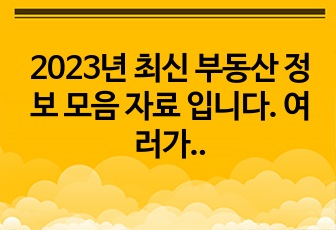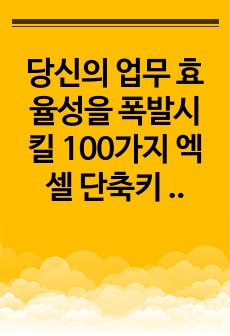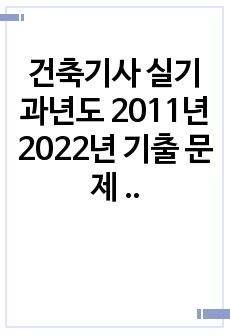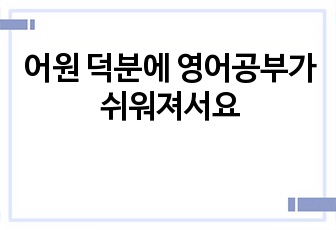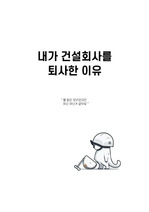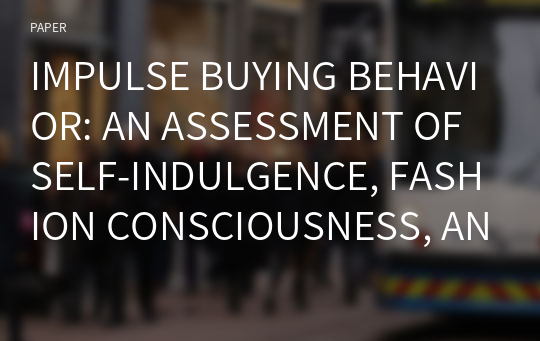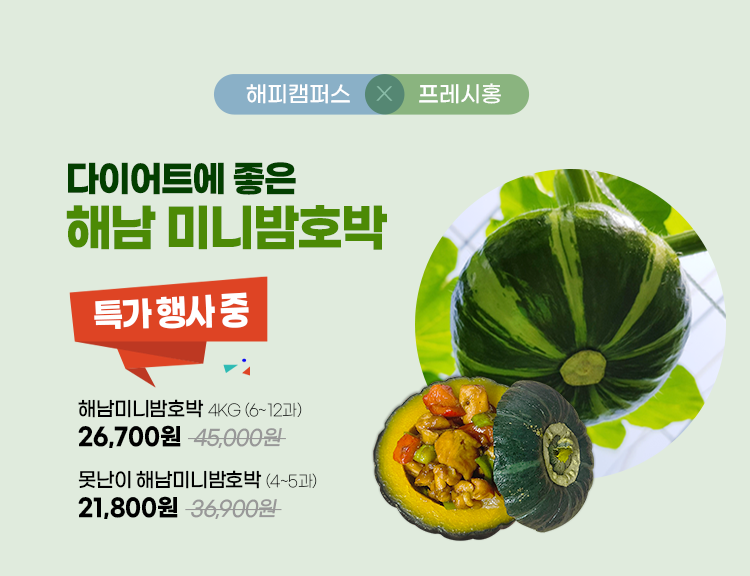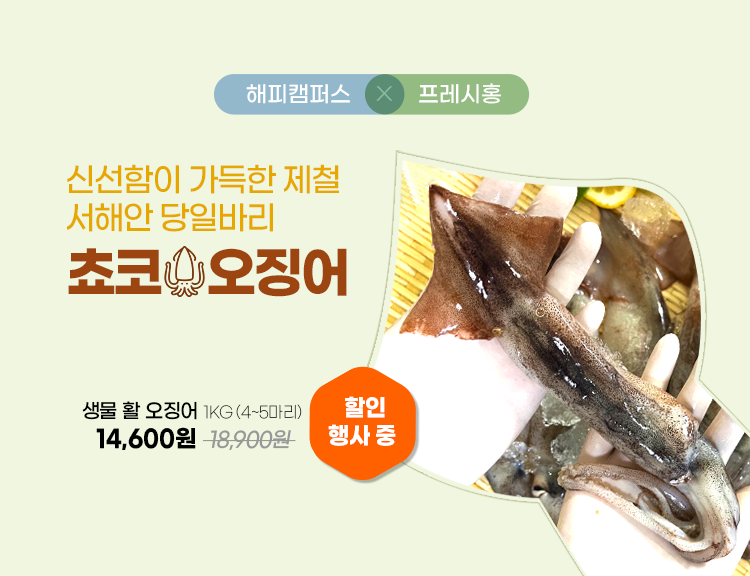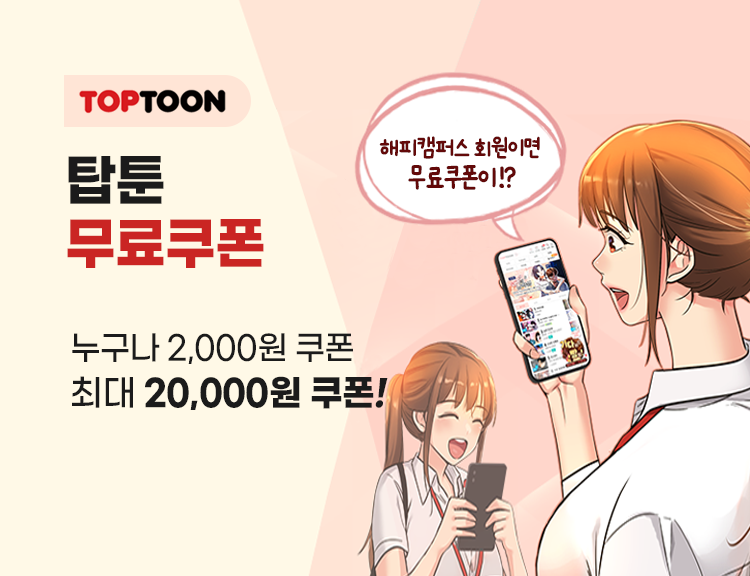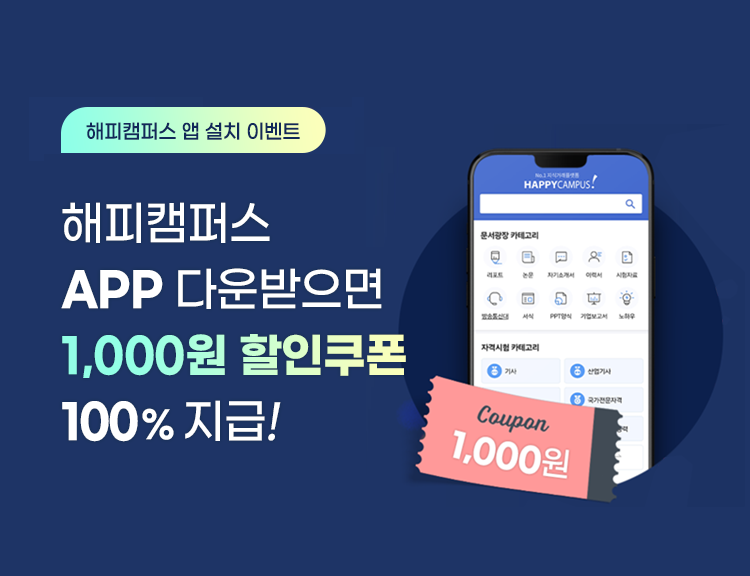IMPULSE BUYING BEHAVIOR: AN ASSESSMENT OF SELF-INDULGENCE, FASHION CONSCIOUSNESS, AND REGRET AMONG YOUNG CONSUMERS
* 본 문서는 배포용으로 복사 및 편집이 불가합니다.
서지정보
ㆍ발행기관 : 글로벌지식마케팅경영학회(GFMC)
ㆍ수록지정보 : Global Marketing Conference
ㆍ저자명 : Yingjiao Xu, Delisia Matthews
ㆍ저자명 : Yingjiao Xu, Delisia Matthews
영어 초록
There is a general consensus in the literature that impulse buying is normatively wrong, but accounts for a substantial volume of the goods sold every year across the broad range of product categories, including fashion products. Research revealed that young consumers particularly contributed greatly to the increase of impulse buying. While lack of self-control has been found strongly associated with the unplanned nature of impulse buying, with an environment of abundance and consumerism, self-indulgence, rather than lack of self-control, may become a more important driver for impulse buying for modern consumers (Sharma, Sivakumaran, & Marshall, 2011). Therefore, the purpose of this study is to investigate how self-indulgence influences young consumers’ impulse buying and the post purchase consumer regret. This study also aims to test the role of fashion consciousness in the relationship between young consumers’ self-indulgence and impulse buying for fashion products.Self-indulgence is considered a hedonistic tendency, which includes enjoying spending money on oneself, buying things for one’s own pleasure, and trying to enjoy life (Sharma, Sivakumaran, & Marshall, 2011). It was recognized as one of the two opposing cognitive forces leading to impulse behavior (Miao, 2011). While the impulse to purchase is comprised of anticipated pleasures and immediate gratification (Rook, 1987), ironically, consumer regret is one of the major emotional consequences associated with impulse buying. There are two types of consumer regret: cognitive dissonance, resulted from an immediate post-purchase comparison of what was purchased versus the other available alternatives, and consumer guilt, related specifically to the consumption decision situations. Literature suggested that individuals show interest in fashion products with the belief that fashion products will contribute to their appearance, image, and/or bring enjoyment to their life (Workman & Kidd, 2000). In that same token, an individual with high self-indulgence tendency is more likely to show interest in fashion in hopes of identifying fashion items for indulgence purpose. Moreover, this indulgence motivated fashion consciousness will more likely lead to high impulse buying for fashion products. Based on the literature, hypotheses were developed for this study as represented in the following figure.
Data was collected using a survey of college students majored in textile/fashion management at a large southeast university in the USA. A total of 190 surveys were distributed and returned. The majority of the subjects were females (73.7%), white (74.7%), and held part-time work (56.7%). Existing scales were adopted to measure self-indulgence (Sharma, Sivakumaran, & Marshall, 2011) and fashion consciousness (Bruner & Hensel, 1998). Impulse buying behavior and post-purchase regret were measured by asking subjects to retroactively recall their shopping trips for fashion products during the past three months. A group of items developed by the researchers were used to measure both the impulse buying behavior and consumer regret.
A Confirmatory Factor Analysis (CFA) was first employed to assess the psychometric properties of the constructs. Overall, the fit indices of the measurement model were acceptable (NFI=0.86, IFI=0.935, RMSEA=0.066, CMIN/DF=1.7). A Structural Equation Modeling (SEM) was conducted to test the relationship proposed in the hypotheses. To test the mediating effect of fashion consciousness on the relationship between self-indulgence and impulse buying behaviors, a bootstrapping bias-corrected confidence interval procedure was conducted. Overall, the fit indices of the SEM model were acceptable (CMN/df=1.338, NFI=0.90, IFI=0.97, RMSEA=0.044). The SEM results suggested that self-indulgence had a significant influence on impulse buying for fashion products directly and indirectly via fashion consciousness. The impulse purchase behavior had a positive influence on the consumers’ feeling of guilt for the impulse purchase behavior, while no significant influence was found on cognitive dissonance.
This research makes several contributions to the literature of impulse buying. First, the study suggests that consumers’ self-indulgence exerts significant direct and indirect influences on consumers’ impulse buying for fashion products. This result may provide an explanation to the phenomenon of increasing impulse buying behavior in the marketplace, even though it is widely considered as a “misbehavior”. Secondly, this study suggests a significant mediating role of fashion consciousness in the relationship between self-indulgence on consumers’ impulse buying for fashion products. The abundance of fashion products in the market and the appreciation of the social and affective function of fashion products contribute to the chain effect from self-indulgence to fashion consciousness and finally to impulse purchase for fashion products. Third, this study confirms the negative guilt feeling resulted from the impulse buying behavior.
참고 자료
없음"Global Marketing Conference"의 다른 논문
 THE ROLES OF GREEN PACKAGING IN UGLY FOOD PURCHASE INTE..22페이지
THE ROLES OF GREEN PACKAGING IN UGLY FOOD PURCHASE INTE..22페이지 THE IMPACT OF INDUCED AWE ON ETHICAL TOURIST BEHAVIORS5페이지
THE IMPACT OF INDUCED AWE ON ETHICAL TOURIST BEHAVIORS5페이지 A BIBLIOMETRIC ANALYSIS OF SPIRITUAL TOURISM RESEARCH15페이지
A BIBLIOMETRIC ANALYSIS OF SPIRITUAL TOURISM RESEARCH15페이지 SOCIAL NETWORK ANALYSIS AND RESPONSE TIME TESTING: CONS..11페이지
SOCIAL NETWORK ANALYSIS AND RESPONSE TIME TESTING: CONS..11페이지 THE EFFECTS OF PARA-SOCIAL INTERACTION ON ONLINE CELEBR..3페이지
THE EFFECTS OF PARA-SOCIAL INTERACTION ON ONLINE CELEBR..3페이지 THE INFLUENCE OF OPINION LEADERS ON DAILY DEALS USER’S ..3페이지
THE INFLUENCE OF OPINION LEADERS ON DAILY DEALS USER’S ..3페이지 HOW IMMERSIVE RETAILING AFFECTS CONSUMERS’ URGE TO BUY:..6페이지
HOW IMMERSIVE RETAILING AFFECTS CONSUMERS’ URGE TO BUY:..6페이지 KEY TO SUPERSTARDOM IN A GLOBALISED MARKET: THE ROLE OF..6페이지
KEY TO SUPERSTARDOM IN A GLOBALISED MARKET: THE ROLE OF..6페이지 A POST-PANDEMIC LOOK AT TOURISTS’ PERCEIVED COOLNESS OF..4페이지
A POST-PANDEMIC LOOK AT TOURISTS’ PERCEIVED COOLNESS OF..4페이지 EXTRACTING OFFLINE RETAIL SHOPPING PATTERNS: OLLABORATI..5페이지
EXTRACTING OFFLINE RETAIL SHOPPING PATTERNS: OLLABORATI..5페이지










